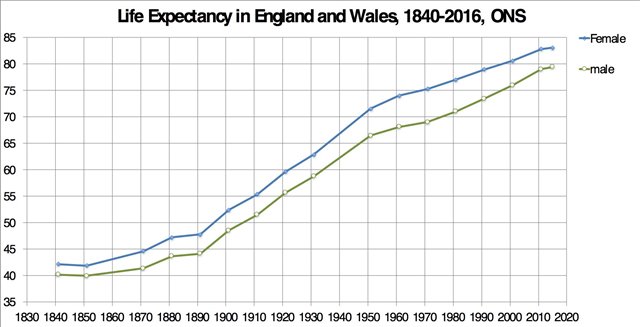Design Parameters
We need a fully wall and window insulated draught proof house but without any radiators at all.
The roof could be covered in solar panels as a way of charging the batteries in case grid power is unreliable.
If needed, cooking and heating can be on wood burning or gas appliances in the main living room.
As there is no heating upstairs the beds will have DC electric blankets and woollen bed cloths will keep us snug.
Dish washing and washing machines will probably need to become manual tasks; keeping us fit and agile
In that electricity is difficult to generate economically will lead in future, to power sharing rotas
and we may expect to get grid supply only 4 hours per day mostly at night to charge batteries and heat water..
Expected battery power consumption per day could typically be
Electronic broadband and TV etc [0.5kWh], electric blankets[0.5kWh], lighting [0.5kWh],
Fridge {1.0kWh], Microwave Oven [2.0kWh]

